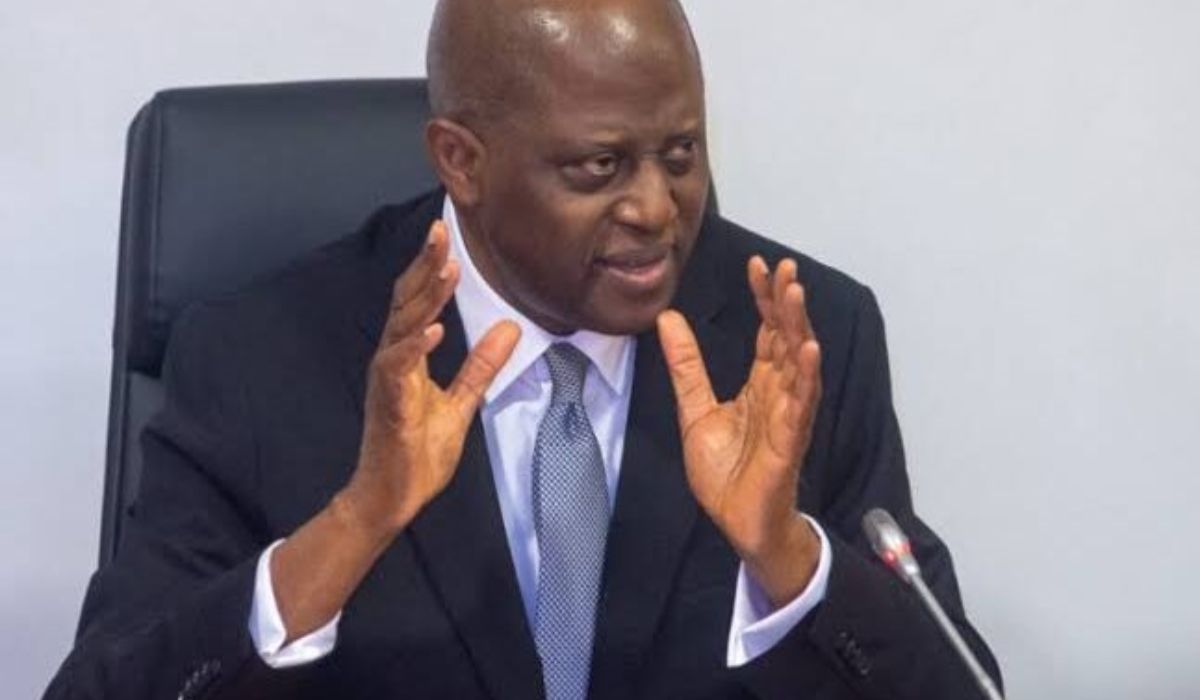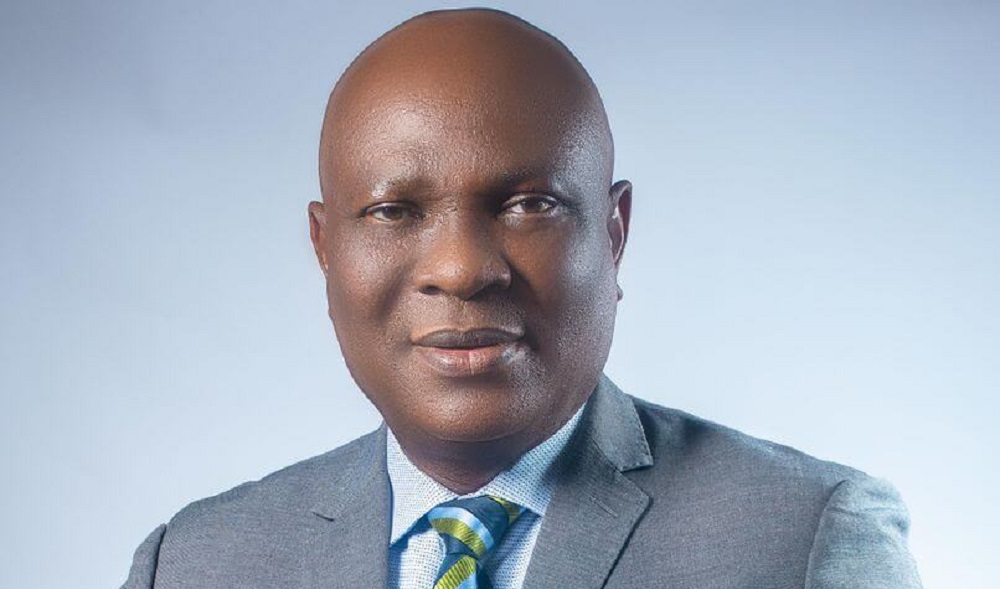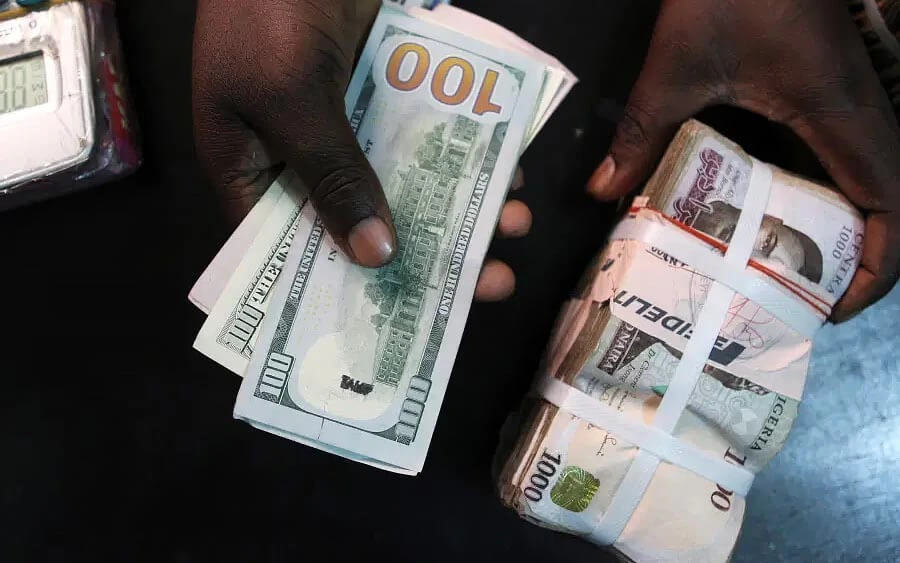Cardoso Reaffirms Nigeria’s Economic Stability, Woos Investors

The Governor of the Central Bank of Nigeria (CBN), Olayemi Cardoso, has expressed confidence in the Nigerian economy, stating that the nation is firmly on a path to stability and growth.
Speaking on Tuesday during the Monetary Policy Committee (MPC) meeting in Abuja, Nigeria’s capital, Cardoso noted that macroeconomic fundamentals are aligning positively—a development he says is being recognised by global financial institutions and observers.
“Macroeconomic fundamentals are playing out. Despite the challenges, as you said, there have been positive endorsements from various bodies that make it a point to observe and critique the moves countries are making to ensure economic stability,” Cardoso stated.
Addressing concerns about how these economic indicators translate into tangible improvements in citizens’ lives, the apex bank chief emphasized the central role of investor confidence in driving growth.
“Investors don’t go where there’s instability,” he said. “They invest where there’s stability, where they can plan. With stability comes confidence. With confidence comes investment. And with investment comes growth and output.”
He acknowledged Nigeria’s turbulent economic history but asserted that the country is now undergoing a turnaround. According to Cardoso, recent indicators—such as reduced exchange rate volatility and improved inflation management—reflect a stabilising environment.
“We’ve obviously been through a long period of instability. But clearly, what’s being recognised now is that the Nigerian economy is stabilising, and investors are beginning to show interest,” he explained.
The CBN Governor further stressed the importance of a multi-pronged approach to managing the economy. He dismissed the notion of a single solution to the nation’s economic challenges, instead pointing to coordinated policies and reforms.
“No single aspect of managing the economy is a silver bullet. It isn’t,” he noted. “It takes a multiplicity of efforts. That’s why the combined initiatives already yielding results in terms of stability are so important. The Central Bank is the custodian of economic stability.”
On the foreign exchange front, Cardoso noted significant improvement, citing reduced market fluctuations. “If you look at the exchange rate, for example, volatility has dropped from over 4% a year ago to less than half of 1% now. That’s an indication of stability,” he said.
He concluded his address with an optimistic outlook for Nigeria, stressing that continued collaboration between the monetary and fiscal arms of government will accelerate positive outcomes.
“With increasing collaboration between the fiscal and monetary sides, the journey we’re on will begin to yield greater results over time. I have no doubt about that,” Cardoso affirmed.
The CBN’s stance comes amid ongoing efforts to tame inflation, attract foreign investment, and rebuild confidence in Nigeria’s financial markets—key factors for long-term economic growth.




